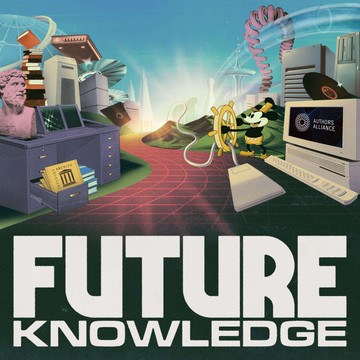
James Boyle
Professor of law at Duke University, former chair of Creative Commons, and author of The Line: AI and the Future of Personhood.
Top 3 podcasts with James Boyle
Ranked by the Snipd community

5 snips
Dec 31, 2025 • 51min
The Public Domain
James Boyle, a law professor and public domain advocate, and Molly Shaffer Van Houweling, a leading copyright scholar, delve into the crucial role of the public domain in fostering creativity. They discuss surprising examples like jazz and gene sequences, illustrating how intellectual property expansion stifles culture. The conversation touches on the risks posed by AI, the consequences of reduced public funding for science, and the need for a movement to protect shared knowledge. Their insights highlight why clarity around public domain is essential for artists and innovators.

Feb 17, 2025 • 59min
510. Redefining Personhood in the Age of AI feat. James Boyle
James Boyle, a law professor at Duke University and former chair of Creative Commons, dives into the ethics of AI and personhood. He discusses how historical views on personhood can inform our understanding of AI's rights. The conversation highlights the significance of empathy and literature in shaping these debates. Boyle argues for recognizing both human and non-human rights, advocating a multidisciplinary approach to navigate the complexities of our evolving definitions of personhood amidst advancing technologies.

Jan 27, 2025 • 1h 12min
James Boyle, "The Line: AI and the Future of Personhood" (MIT Press, 2024)
In this engaging conversation, James Boyle, William Neal Reynolds professor at Duke Law School and author of 'The Line: AI and the Future of Personhood,' delves into the intricate relationship between AI and personhood. He examines the philosophical and ethical dilemmas posed by machine consciousness and our evolving identity. The dialogue also touches on the colonial implications of language in shaping perceptions of AI, the moral responsibilities toward non-human creations, and the pressing need to redefine personhood in the digital era.


